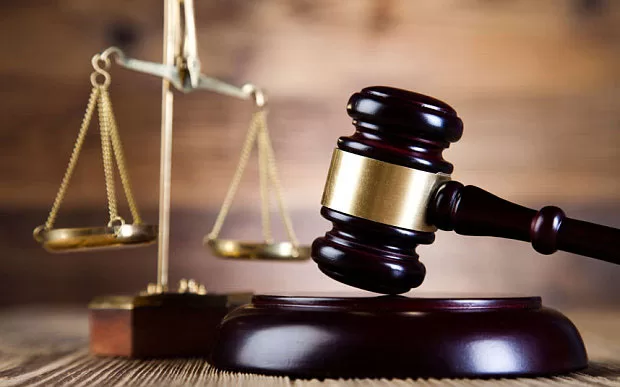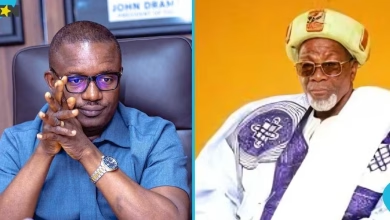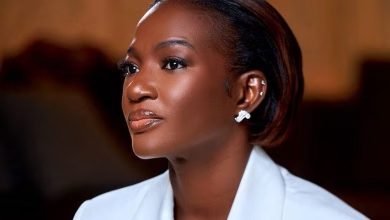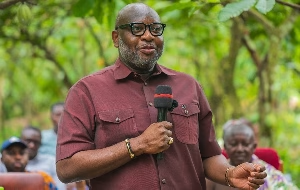UPDATE: Accra Court Orders Mental Assessment for Democracy Hub Protestor

- Court orders mental assessment for protestor Thomas Yeboah.
- Yeboah deemed mentally unstable, unfit for trial.
- 52/53 protestors granted bail; leader still in custody.
- Case adjourned to Oct 24, 2024.
An Accra Circuit Court has made a significant ruling in the case of Thomas Yeboah, one of the Democracy Hub protestors standing trial. The court has directed state prosecutors to conduct a mental assessment on Yeboah to determine whether he is fit to stand trial. This decision comes after Yeboah’s lawyers, led by Nelson Nobel Amedowornu, argued that their client is mentally unstable and incompetent to stand trial.
Amedowornu highlighted Yeboah’s incoherent speech, stating that it’s indicative of someone in dire need of psychiatric attention. Despite being granted bail, Yeboah’s mental state has hindered his ability to secure a surety to execute the bail bond. In light of this, the judge instructed the prosecution, led by State Attorney Nana Akosua Kusi, to facilitate bail conditions that Yeboah can realistically meet.
Yeboah appeared in court alongside Democracy Hub leader Oliver Barker-Vormawor and 11 other protestors. Notably, all 53 protestors arrested have been granted bail, except for Barker-Vormawor, who remains in custody.
The court has ordered the prosecution to submit witness statements by October 22, 2024, and adjourned the case until October 24, 2024. In a related development, the court has also adjourned the case of another group of protestors until November 6, 2024.
State Attorney Nana Akosua Kusi requested additional time to file witness statements, citing that the state has already submitted the second batch of disclosures.
This ruling underscores the importance of considering the mental health of individuals standing trial. The court’s decision ensures that Yeboah receives the necessary evaluation and potential treatment before proceeding with the trial.
The Democracy Hub protests have sparked significant attention, with many calling for reforms and greater accountability. As the trial unfolds, the focus on Yeboah’s mental health highlights the need for compassion and understanding within the justice system.
In recent years, there has been growing recognition of the intersection between mental health and the law. This case serves as a reminder of the importance of prioritizing defendants’ well-being and ensuring they receive fair treatment.
As the prosecution prepares to submit witness statements, the court’s decision will have significant implications for Yeboah’s future. The assessment will determine whether he is fit to stand trial or requires alternative measures.
The ongoing case has sparked intense debate about the balance between justice and compassion. As the trial continues, it remains to be seen how the court’s decision will impact Yeboah’s fate and the broader conversation surrounding mental health and the law.






